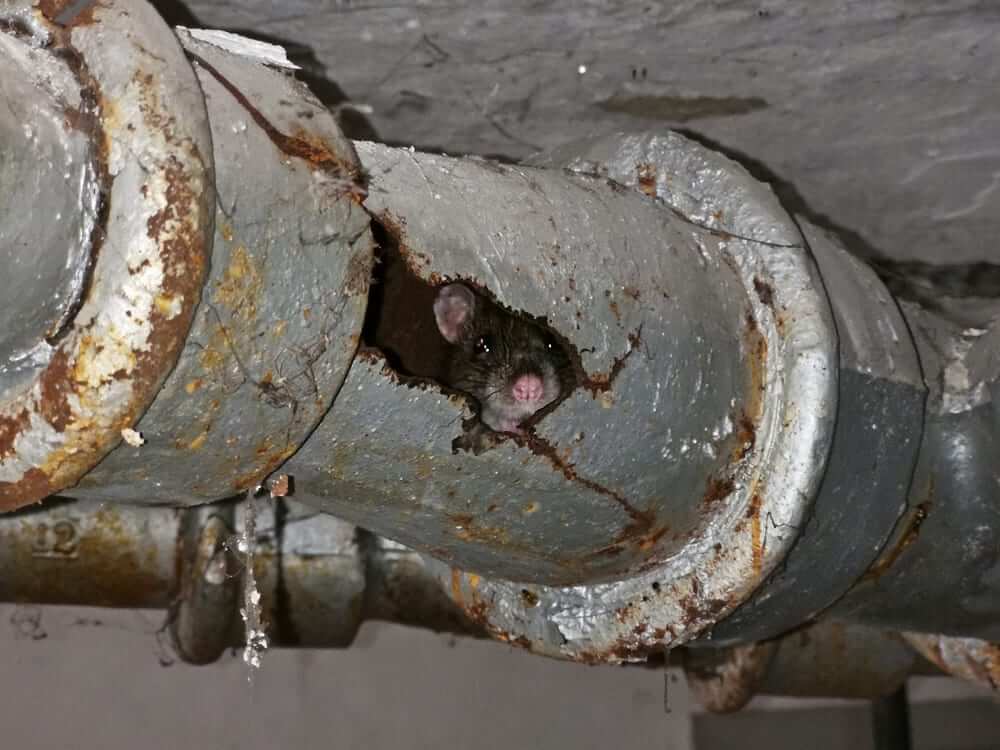
Cast iron pipes have been used in plumbing systems for many years due to their durability and longevity. However, over time, these pipes can deteriorate and develop issues such as corrosion, leaks, and clogs. Repairing or replacing cast iron pipes can be a costly and time-consuming process, but there are ways to save money while still effectively addressing the problem. In this article, we will provide expert tips for cost-effective cast iron pipe repair to help you preserve your plumbing and your wallet.
Assess the Damage
Before you start any repair work on your cast iron pipes, it's essential to assess the extent of the damage to determine the best course of action. Here are some steps to help you assess the damage:
Visual Inspection
- Look for signs of corrosion, rust, or leaks on the pipes.
- Check for any visible cracks or damage to the pipe joints.
- Inspect the surrounding area for water damage or mold, indicating a leaking pipe.
Perform Tests
- Use a plumbing camera to inspect the interior of the pipes for blockages or damage.
- Perform a pressure test to check for leaks in the system.
Consider Repair Options
Depending on the extent of the damage to your cast iron pipes, you may have several repair options to choose from. Here are some cost-effective solutions to consider:
Pipe Lining
- Trenchless pipe lining involves inserting a resin-coated liner into the damaged pipe and curing it in place to create a new pipe within the old one.
- This method is less invasive and requires minimal digging, reducing the cost of repair.
Pipe Patching
- Pipe patching is a quick and cost-effective solution for repairing small cracks or leaks in cast iron pipes.
- A pipe patch is a waterproof sleeve that can be applied over the damaged area to seal leaks and prevent further corrosion.
DIY vs. Professional Repair
While some minor repairs to cast iron pipes can be done DIY, more extensive damage may require professional expertise. Here are some factors to consider when deciding between DIY and professional repair:
DIY Repair
- If you have experience with plumbing repairs and the necessary tools, you may be able to handle small repairs yourself.
- DIY repairs can save you money on labor costs, but make sure you have the skills and knowledge to complete the repair effectively.
Professional Repair
- For complex or extensive damage to your cast iron pipes, it's best to hire a professional plumber with experience in working with cast iron pipes.
- A professional plumber can accurately assess the damage and recommend the most cost-effective solution for repair.
Maintenance Tips for Preventing Future Damage
Once you have repaired your cast iron pipes, it's essential to take steps to prevent future damage and prolong the lifespan of your plumbing system. Here are some maintenance tips to consider:
Regular Inspections
- Inspect your pipes regularly for signs of corrosion, leaks, or damage.
- Address any issues promptly before they escalate and require costly repairs.
Preventive Measures
- Avoid flushing any non-biodegradable items down the drain to prevent clogs and damage to your pipes.
- Consider installing a water softener to reduce the buildup of minerals and extend the lifespan of your pipes.
Conclusion
Repairing cast iron pipes can be a daunting task, but with the right knowledge and expertise, you can save both your plumbing system and your wallet. By following the expert tips provided in this article, you can effectively address damage to your cast iron pipes in a cost-effective manner. Remember to assess the damage, consider repair options, and prioritize maintenance to prevent future issues. Whether you choose to tackle the repairs yourself or hire a professional plumber, maintaining your cast iron pipes is key to preserving the integrity of your plumbing system for years to come.